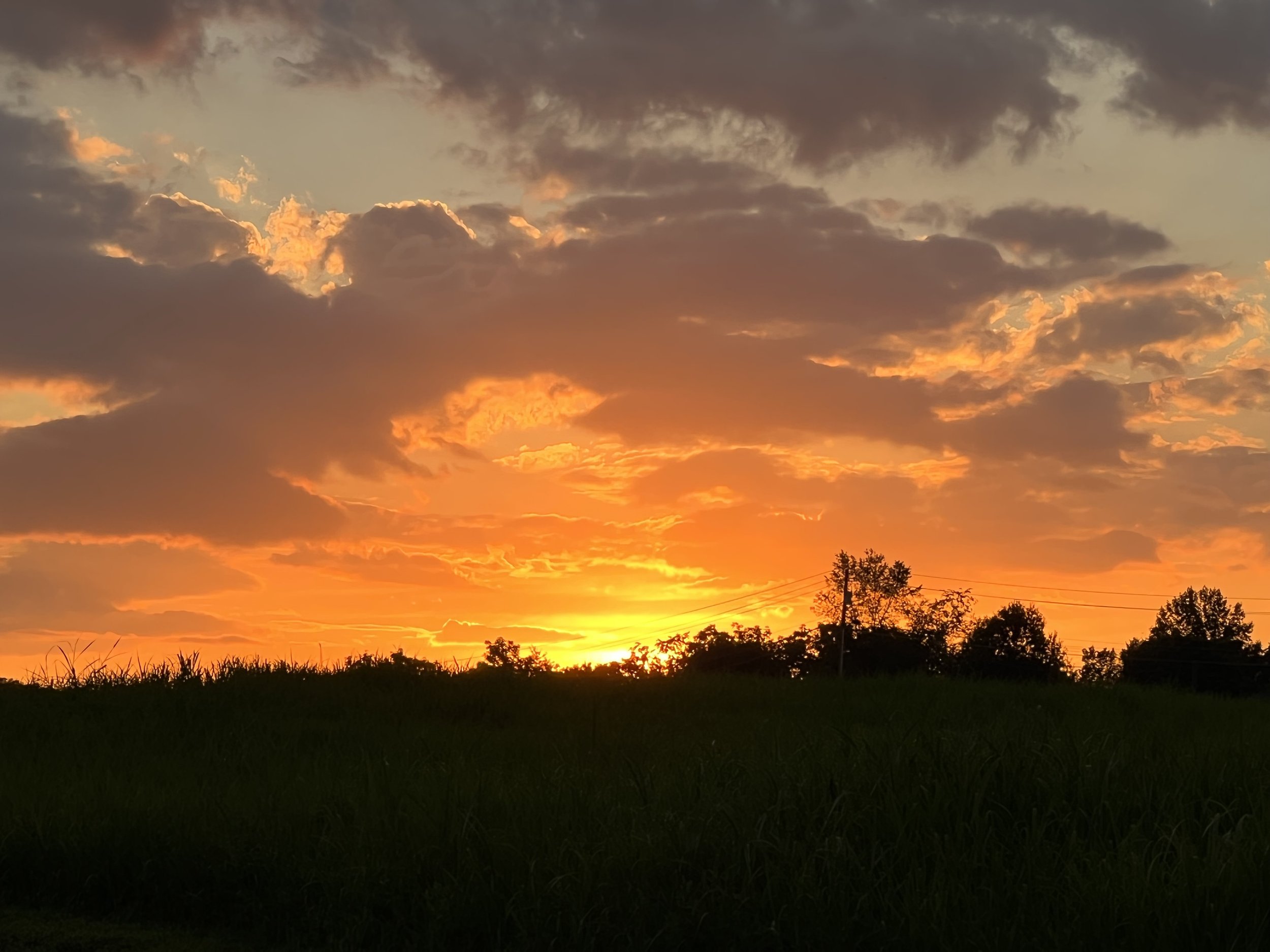Self Sufficiency Versus Synergy
We live in a world of wars and rumors of wars. Murders and suicides. Disasters and calamities. Unrest and division. Boiling over tempers and people walking around with hair triggers who live to be “triggered”. So, what is the best way to cope?
Unfortunately, there isn’t a one-size-fits-all answer. The ostrich approach is comforting at times but as it turns out, sticking your ass in the air leaves you highly vulnerable to all sorts of mischief. If you’re unfamiliar with the myth, the ostrich has been thought to bury its head in the sand in response to conflict (They actually put their heads in the sand to check on and rotate their eggs. Boring!). The human comparison would be an array of reactions from avoiding the news / social media outlets that bring us our daily helping of sensationalized fact and fiction to withdrawing from society and going full fledged hermit. While there may be an inherent peace in the unawareness, it also renders you easy prey.
Some people, myself included, resolve to live a more self sufficient lifestyle to make themselves more insulated from and less susceptible to uncertainty. Like most things, self sufficiency can take on many forms. My ideal vision of self sufficiency is rooted in a homesteading lifestyle, where we work to minimize the need for inputs into the system and produce what we can on our own. Other versions of self sufficiency are plentiful. Some of them are actually illegal depending on where you live. Unfortunately the “land of the free” has regulations, which while probably well intended, they are sometimes frivolous and restrictive. Where I am, it is very difficult, expensive and highly regulated to live “off grid” if not impossible.
Three of the core concepts of my self sufficiency are:
Know that knowledge is your greatest weapon. If you think critically, you can see that any of the preparations that we make or systems that we put in place are susceptible to failures. We plan the best that we can, but there is no way to account for everything. If you make your goal the acquisition of knowledge, you will be able to adapt to your circumstances. There is no magic kit that will protect you. Knowledge is the key.
Learn the difference between needs and wants. It is important to identify things in your life that are luxuries. You don’t have to eliminate them, but in hard times, they may need to be set aside.
Have back up systems for needs and cherished conveniences. For example, if the power goes out, it is good to have alternate light sources on hand (flashlights, candles, lanterns, etc). Or, you could just take my wife’s approach and assume that it’s a sign from God that it’s time to go to sleep… Adaptability and doing without has its place too.
Over time, I have come to the realization that true self sufficiency is not necessary in most circumstances. It certainly isn’t practical. An obsession with doing everything yourself can be counterproductive and even harmful if pushed to the limits. There is only a finite amount of labor that one can physically accomplish in a week. Or month. Or year. Or lifetime.
An overly rigid, dogmatic approach to self-sufficiency can be an impediment to growth. While the speed of progress isn’t necessarily the primary endpoint, it is a factor worthy of consideration. If time is an issue, and it always seems to be, why not harness your resources to get things done more efficiently? Synergy…
There are two main ways to achieve this synergy.
Build your community / tribe. Identify and interact with like-minded individuals and work together on projects. Think of the Amish community barn raisings. A massive amount of work is accomplished in a short period of time and projects that would be impossible for an individual to perform become achievable. Think of traditional Southern / Appalachian hog butchering days. Don’t have a milk cow but want fresh milk? Work out an exchange with a neighbor for something that you are able to produce or a service that you are able to provide. Basically, this is a pooling of time as a resource within the community. Time is your currency.
Build your team. Similar to building your community, but instead of pooling time, you can leverage financial resources to accomplish the same goals. Do you need a new barn? Find a reliable, trustworthy contractor to help accomplish your goal. Learning how to find and hire the right people to help you accomplish your goals is a great way to exponentially increase your productivity. Do you need help preparing the fields? Sowing the seed? Weeding the gardens? Gathering the harvest? Tending to the animals? Employing people to help you accomplish your goals is mutually beneficial. If they work hard, pay them well. If they don’t, find someone who will.
I’m curious to hear whether you think this approach is selling out or is it wisdom? Let me know in the comment section below.
